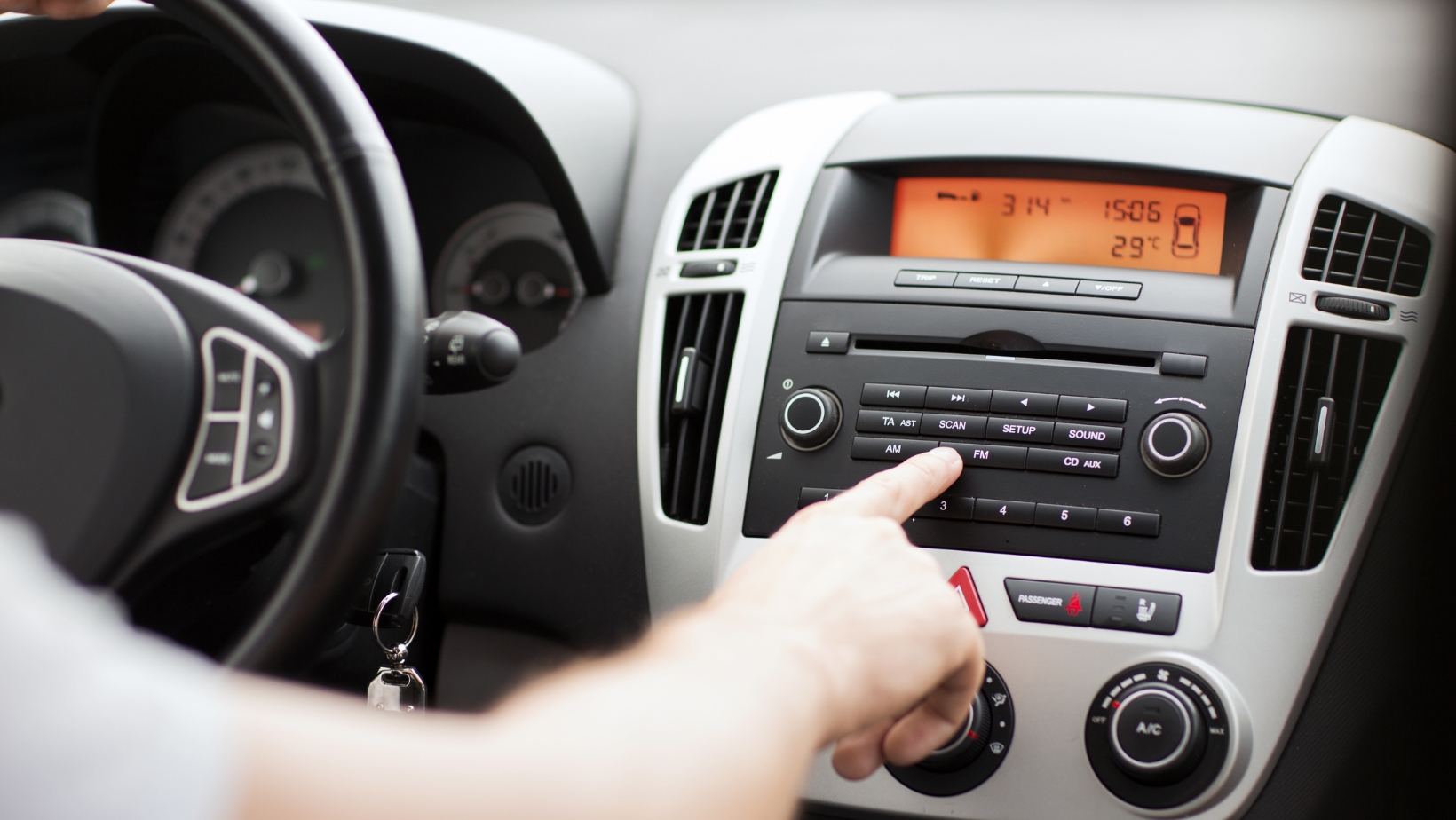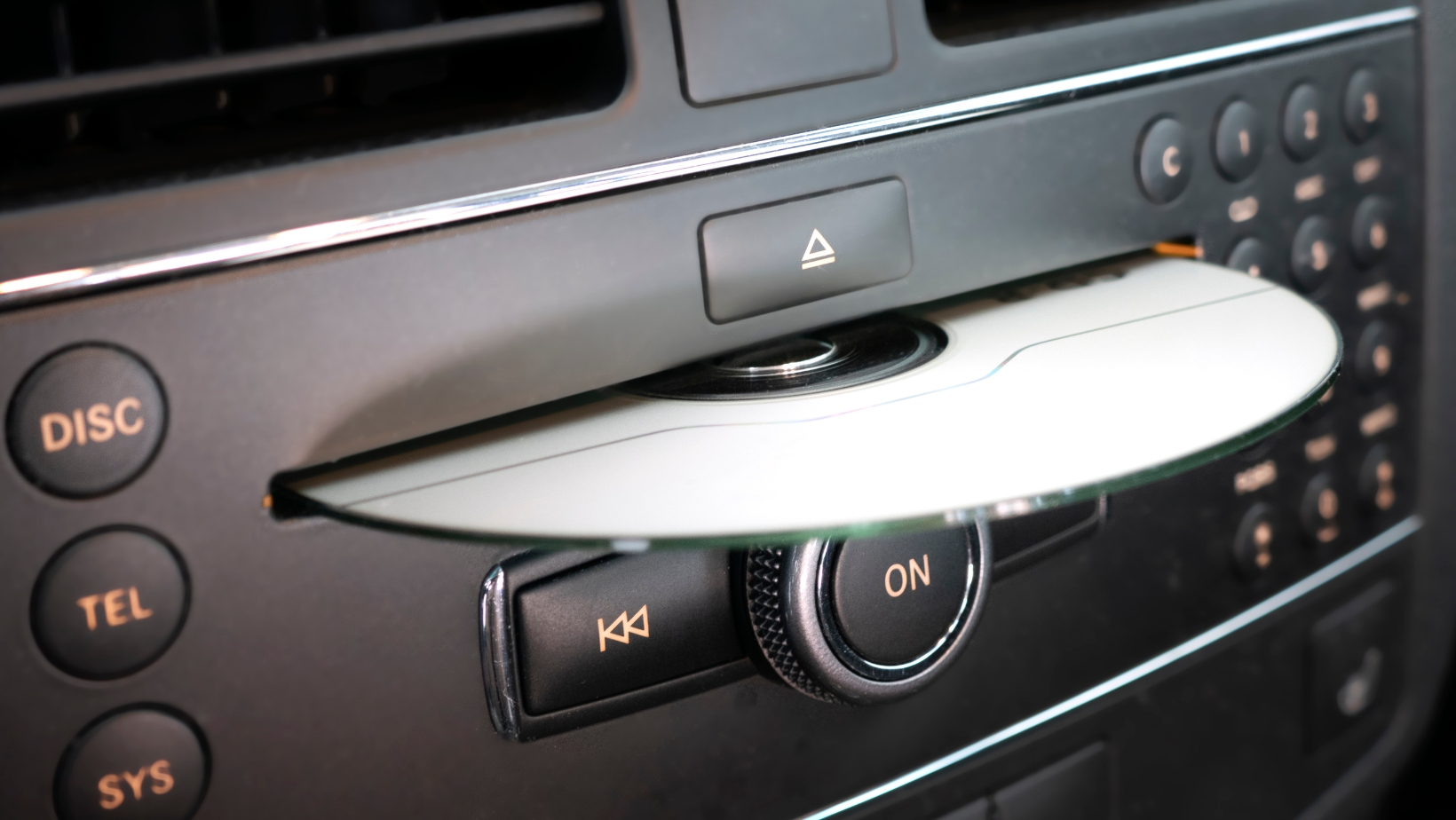Having trouble with your car CD player? Don’t worry, I’ve got you covered. In this article, I’ll guide you through the process of repairing your car CD player and getting it back to its optimal functioning state.
When it comes to repairing a car CD player, there are a few common issues that can arise. One of the most frequent problems is when the player refuses to eject the CD. This can be frustrating, especially if you have an important disc stuck inside. Luckily, there are simple steps you can take to fix this issue and retrieve your CD without causing any damage.
Another problem that often occurs is when the CD skips or doesn’t play properly. This could be caused by a dirty lens or a misaligned laser assembly. Cleaning the lens using a soft cloth or compressed air can sometimes solve this issue. However, if cleaning doesn’t do the trick, adjusting the laser assembly may be necessary.
Repair Car CD Player
Troubleshooting Playback Errors
When it comes to car CD players, playback errors can be a frustrating issue. It’s not uncommon to encounter problems like skipping tracks, CDs getting stuck, or the player simply refusing to play any discs at all. Fortunately, there are a few troubleshooting steps you can take to address these issues:
- Check for dirty or scratched CDs: Sometimes, playback errors can be caused by dirty or scratched discs. Inspect your CDs for any visible marks and give them a gentle clean using a soft cloth if needed.
- Ensure proper disc insertion: Improperly inserted discs may lead to playback problems. Make sure you’re inserting the CD correctly into the player and that it’s seated properly in the tray.
- Clean the player’s lens: Over time, dust and debris can accumulate on the lens of your car CD player, affecting its ability to read discs accurately. Use a specialized cleaning kit or gently wipe the lens with a cotton swab dipped in rubbing alcohol.
Cleaning the CD Player Lens
Cleaning the lens of your car CD player is an essential maintenance task that can help improve its performance and prevent common issues. Here’s how you can do it:
- Gather cleaning supplies: You’ll need a specialized cleaning kit or some rubbing alcohol along with cotton swabs.
- Turn off the power: Before proceeding with any cleaning, make sure your car ignition is turned off to avoid any electrical mishaps.
- Accessing the lens: Depending on your vehicle’s model, accessing the lens might require removing some panels or covers surrounding the CD player. Refer to your car’s manual for specific instructions.
- Clean gently: Once you’ve accessed the lens area, dip a cotton swab in rubbing alcohol (or use a specialized cleaner) and gently wipe away any dust or residue from the lens surface.
- Allow to dry: After cleaning, allow the lens to air dry completely before reassembling any parts or attempting to use the CD player again.

Replacing Worn-out Components
If you’ve tried troubleshooting and cleaning your car CD player but are still experiencing persistent issues, it may be time to consider replacing worn-out components. Here are some common components that can cause problems:
- Laser pickup: The laser pickup is responsible for reading the data on the CDs. Over time, it can wear out or become misaligned, leading to playback errors.
- Spindle motor: The spindle motor spins the disc while it’s being read. If this component malfunctions, it can result in skipping tracks or difficulty in loading and ejecting discs.
- Drive belts: Drive belts connect various moving parts of the CD player. When they become worn or stretched, they can cause issues with disc rotation and overall functionality.
If you’re not confident in replacing these components yourself, it’s best to consult a professional car audio technician who can diagnose the problem accurately and perform any necessary repairs.
Remember, each car CD player model may have its own unique set of issues, so troubleshooting steps and replacement procedures may vary. It’s always best to refer to your specific vehicle’s manual for detailed instructions or seek professional assistance when needed.







































